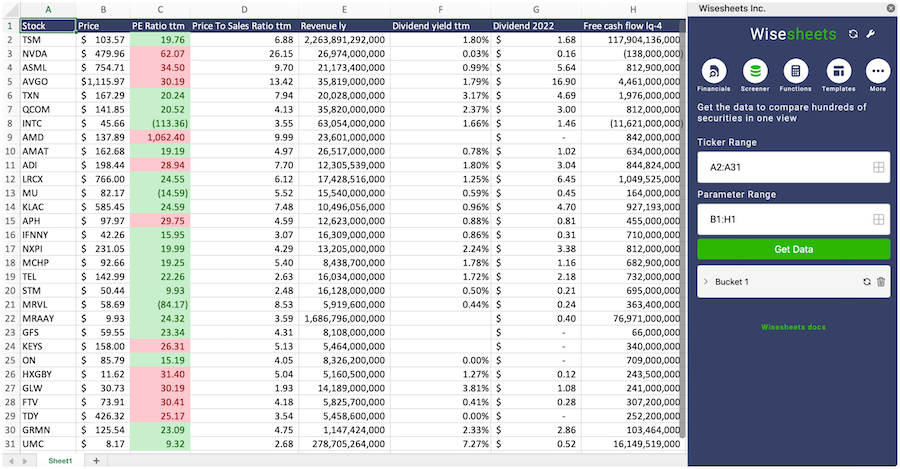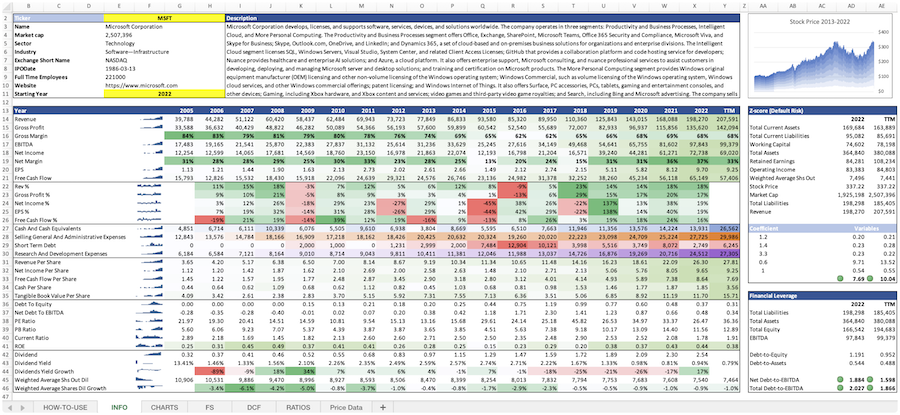Cookpad Inc.
CPADF
Price:
$0.977
Market Cap:
$10.95B
Cookpad Inc. operates a community platform to share recipe ideas and cooking tips worldwide. It also engages in Cookpad mart and TV businesses. The company was formerly known as Coin Ltd. and changed its name to Cookpad Inc. in June 1999. Cookpad Inc. was founded in 1997 and is based in Tokyo, Japan.
Industry
Internet Content & Information
IPO Date
2023-06-09
Stock Exchange
OTC
Ticker
CPADF
PE Ratio
[10.86]
ROE
[7.45%]
Current Ratio
[18.93]
Dividend Yield
[0%]
Enterprise Value
[6.11B]
Dividend History
The PE Ratio as of January 2026 (TTM) for Cookpad Inc. (CPADF) is 10.86
According to Cookpad Inc.’s latest financial reports and current stock price. The company's current PE Ratio is 10.86. This represents a change of -687.10% compared to the average of -1.85 of the last 4 quarters.
Cookpad Inc. (CPADF) Historical PE Ratio (quarterly & annually)
How has CPADF PE Ratio performed in the past?
The mean historical PE Ratio of Cookpad Inc. over the last ten years is 48.75. The current 10.86 PE Ratio has changed 2.13% with respect to the historical average. Over the past ten years (40 quarters), CPADF's PE Ratio was at its highest in in the June 2020 quarter at 203.88. The PE Ratio was at its lowest in in the September 2017 quarter at -224.02.
Average
48.75
Median
43.16
Minimum
-11.55
Maximum
142.13
Cookpad Inc. (CPADF) PE Ratio by Quarter and Year
Discovering the peaks and valleys of Cookpad Inc. PE Ratio, unveiling quarterly and yearly fluctuations to gain insights into the company’s financial performance and market dynamics, offering valuable data for investors and analysts alike.
Maximum Annual Increase = 321.94%
Maximum Annual PE Ratio = 142.13
Minimum Annual Increase = -293.18%
Minimum Annual PE Ratio = -11.55
| Year | PE Ratio | Change |
|---|---|---|
| 2024 | 9.82 | -293.18% |
| 2023 | -5.08 | -13.21% |
| 2022 | -5.86 | -49.31% |
| 2021 | -11.55 | -116.58% |
| 2020 | 69.70 | -50.96% |
| 2019 | 142.13 | 80.76% |
| 2018 | 78.63 | 321.94% |
| 2017 | 18.63 | -84.90% |
| 2016 | 123.37 | 82.27% |
| 2015 | 67.68 | 3.84% |
Cookpad Inc. (CPADF) Average PE Ratio
How has CPADF PE Ratio performed in the past?
The current PE Ratio of Cookpad Inc. (CPADF) is greater than its 3-year, less than than its 5-year, and less than than its 10-year historical averages
3-year avg
-0.37
5-year avg
11.40
10-year avg
48.75
Cookpad Inc. (CPADF) PE Ratio vs. Peers
How is CPADF’s PE Ratio compared to its peers?
Cookpad Inc.’s PE Ratio is greater than RDE, Inc. (-0.01), less than Angler Gaming plc (0), greater than GTN Limited (-9.21), greater than Phoenix Media Investment (Holdings) Limited (-3.47), greater than Guild Esports Plc (-0.10), greater than Field Solutions Holdings Limited (-5.88), greater than Readly International AB (publ) (7.90), greater than Liberty TripAdvisor Holdings, Inc. (-0.27), greater than Smiths News plc (5.76),
| Company | PE Ratio | Market cap |
|---|---|---|
| -0.01 | $84.21M | |
| 0 | $72.16M | |
| -9.21 | $74.68M | |
| -3.47 | $49.94M | |
| -0.10 | $48.43M | |
| -5.88 | $68.74M | |
| 7.90 | $30.21M | |
| -0.27 | $20.35M | |
| 5.76 | $49.48M |
Build a custom stock screener for Cookpad Inc. (CPADF) and other stocks
One of the best ways to find valuable stocks to invest in is to build a custom made screener in your Excel or Google Sheets spreadsheet. This allows you to compare thousands of companies like Cookpad Inc. using the financials and key metrics that matter to you in a single view.
The easiest way to set this up is to use the Wisesheets add-on and set your spreadsheet like this:
Covering all these metrics from financial, data, dividend data, key metrics and more you can get all the data you want for over 50+ exchanges worldwide.
Get your free trial here.
Cookpad Inc. (CPADF) and other stocks custom spreadsheet templates
The easiest way to analyze a company like Cookpad Inc. or any others is to create a spreadsheet model that automatically retrieves all of the stock data you need.
Using Wisesheets you can set up a spreadsheet model like this with simple spreadsheet formulas. If you change the ticker you can get all of the data automatically updated for you.
Whether you need live data, historical price data, financials, dividend data, key metrics, analyst estimates, or anything else...Wisesheets has you covered.
Frequently asked questions❓
What is the PE Ratio?
How can you use the PE Ratio?
What is Cookpad Inc.'s PE Ratio?
How is the PE Ratio calculated for Cookpad Inc. (CPADF)?
What is the highest PE Ratio for Cookpad Inc. (CPADF)?
What is the 3-year average PE Ratio for Cookpad Inc. (CPADF)?
What is the 5-year average PE Ratio for Cookpad Inc. (CPADF)?
How does the current PE Ratio for Cookpad Inc. (CPADF) compare to its historical average?

